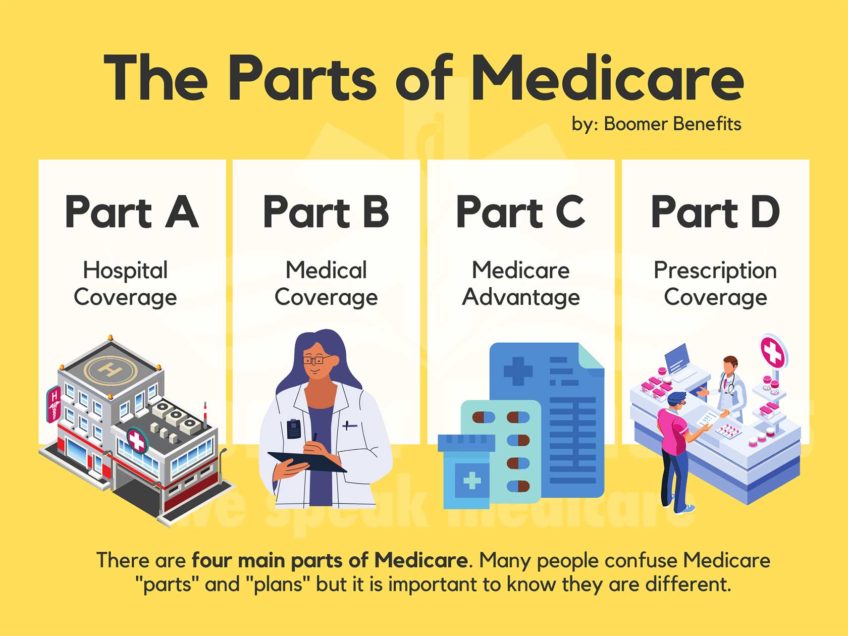WASHINGTON — Government advisers are recommending a ban on Darvon, a painkiller that’s been around for 50 years.
A Food and Drug Administration (FDA) advisory panel voted 14-12 last Friday to recommend withdrawing Darvon after a hearing on its risks and benefits. The drug was first approved in 1957, when there were few alternatives for pain except aspirin and powerful narcotics.
Now mainly marketed as Darvocet, which includes a dose of acetaminophen, the drug remains one of the top 25 most commonly prescribed medications. More than 20 million prescriptions were written in 2007.
Prior to the vote, the consumer group Public Citizen said the FDA should withdraw Darvon from the market because the drug offers relatively weak pain relief and poses an overdose risk, with the potential to be used in suicides.
“It has unique risks and no unique advantages,” said Dr. Sidney Wolfe, a drug safety expert with Public Citizen who first sought a ban in the 1970s. “It has been a big drug of abuse for quite a long time.”
Two companies that market the drug — Xanodyne Pharmaceuticals and Qualitest/Vintage Pharmaceuticals— said the medication is safe and effective when used as directed. In documents filed with the FDA, the companies said that doctors need a range of options to treat pain, noting that many other painkillers have become drugs of abuse.
Dr. Jerry Avorn, a professor of medicine at Harvard University and a critic of the pharmaceutical industry, is glad the FDA is taking a hard look at Darvon.
“I have been astonished at how widely used this drug is,” Avorn said. “It’s no longer the most abusable and most dangerous drug in its class, but the fact that there are worse drugs doesn’t make Darvon a good drug.”
The United Kingdom banned its version of Darvon in 2005.
In an analysis prepared for the hearing, the FDA’s safety office said it had searched the agency’s database of reported drug problems, but the result was “insufficient” to allow reviewers to make a clear-cut recommendation. The safety office found more than 3,000 reports of serious problems. The top three were suicide, drug dependence and overdoses.
In a separate analysis, the FDA office that handles painkillers said Darvon is a weak pain reliever. Most studies show that in Darvocet, the widely used combination drug, the Darvon component appears to contribute “little or no” additional pain relief beyond that provided by the acetaminophen component, reviewers said.
Wolfe presented the advisory panel with new data from the government’s Drug Abuse Warning Network, which tracks emergency room visits and deaths. It showed that Darvon-related deaths rose to 503 in 2007, from 446 in 2006. In both years, about 20 percent were suicides. The network covers only about one-third of the U.S. population.
Data from Florida’s medical examiner reporting system showed that in 2007 Darvon was present in the bodies of 341 people who died from drug-related causes. Medical examiners identified it as the cause of death in 85 of the cases, or 25 percent.
(Associated Press)


![Banner [Virtual] Art Gallery](https://baystatebanner.com/wp-content/uploads/2024/04/Cagen-Luse_Men-at-store-e1713991226112-150x150.jpg)



